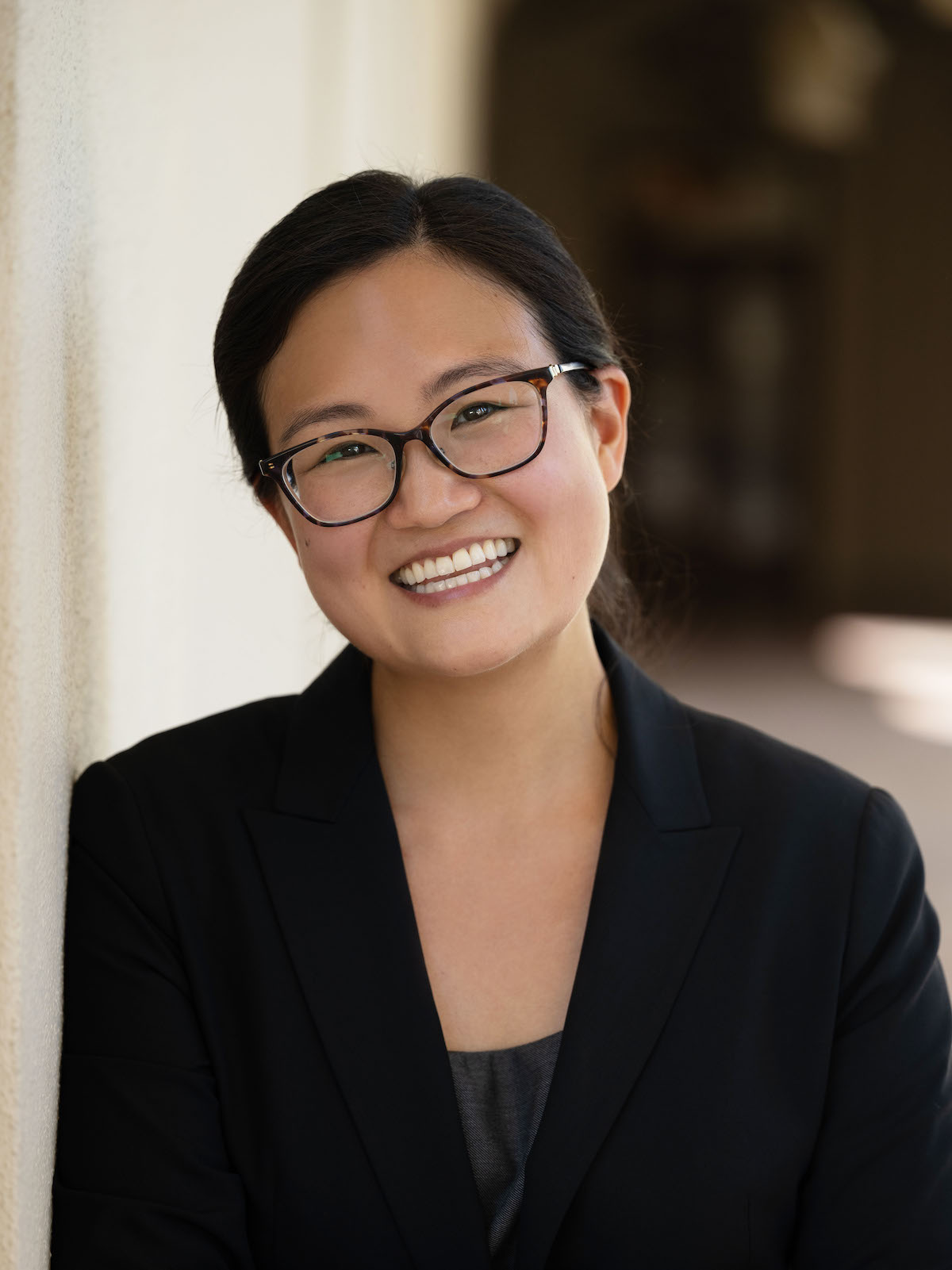
I am a Ph.D. candidate in Social Science at Caltech. I study the design of legal institutions using game theory and mechanism design, combined with empirical analysis. My dissertation focuses on criminal justice processes: Who decides about wrongdoing and the resulting punishment? How are such decisions made?
I received an A.B. in physics and math from Harvard College and a joint J.D./M.P.P. from Harvard Law School and the Harvard Kennedy School.
Email me at jhuey@caltech.edu, and download my CV here.
Attorneys' culling of jurors through peremptory challenges is believed to create unrepresentative and harsh juries. However, this paper constructs a model showing that peremptories can lead to (i) a jury that is more pro-defense than it looks and (ii) a jury that overrepresents a minority group. The model includes a heterogenous majority group (split into pro-defense and pro-prosecution subgroups) and a homogenous minority group. This key feature yields two main results. First, when the minority is far from the majority's mean, more majority jurors close to the minority are selected, and this skew can increase acquittals. Empirically, I use jury selection transcripts to construct a novel measure of pro-defense lean and confirm the skew: selected White jurors are more pro-defense than the average White pool member. Second, when the minority lies between the majority's subgroups, peremptories actually increase minority representation. This overrepresentation helps to explain earlier conflicting empirical findings on how peremptories affect jury demographics. Together, these results indicate that recent and proposed reforms to eliminate or alter peremptory challenges may not consistently improve representation or reduce convictions.
Josh Kroll, Joanna Huey, Solon Barocas, Ed Felten, Joel Reidenberg, David Robinson & Harlan Yu, Accountable Algorithms , 165 U. Pa. L. Rev. 633 (2017) (presented at Privacy Law Scholars Conference; 2016 Privacy Papers for Policymakers award).
Arvind Narayanan, Joanna Huey & Edward Felten, A Precautionary Approach to Big Data Privacy , in Data Protection on the Move 357 (Serge Gutwirth, Ronald Leenes & Paul De Hert eds., 2016) (presented at Computers, Privacy & Data Protection; 2015 Privacy Papers for Policymakers award).
Note, Admitting Doubt: A New Standard for Scientific Evidence, 123 Harv. L. Rev. 2021 (2010).
The Supreme Court, 2008 Term — Leading Cases, 123 Harv. L. Rev. 222 (2009) (with William Sullivan) (discussing post-conviction access to DNA evidence in District Attorney's Office v. Osborne, 557 U.S. 52 (2009)).
Recent Legislation, 122 Harv. L. Rev. 1038 (2009) (discussing the Genetic Information Nondiscrimination Act of 2008).
Jehae Kim, Patricio Rojas, Joanna Huey, Kathleen Connors & Stephanie Wang, Internet Filtering in Latin America, in Access Denied: The Practice and Policy of Global Internet Filtering 197 (Ronald Deibert, John Palfrey, Rafal Rohozinski & Jonathan Zittrain eds., 2008).
PS12: Introduction to Political Science (weekly recitation, instructor: Peter Ordeshook)
PS141a: A History of Budgetary Politics in the United States (instructor: Rod Kiewiet)
WWS586F: Topics in STEP: Information Technology and Public Policy (co-taught with David Dobkin)
API-101A: Markets and Market Failure (instructor: Erzo F.P. Luttmer)
Alexander V. Hirsch (avhirsch@caltech.edu) (advisor)
Jonathan N. Katz (jkatz@caltech.edu)
Thomas R. Palfrey (trp@hss.caltech.edu)
Jean-Laurent Rosenthal (rosentha@caltech.edu)